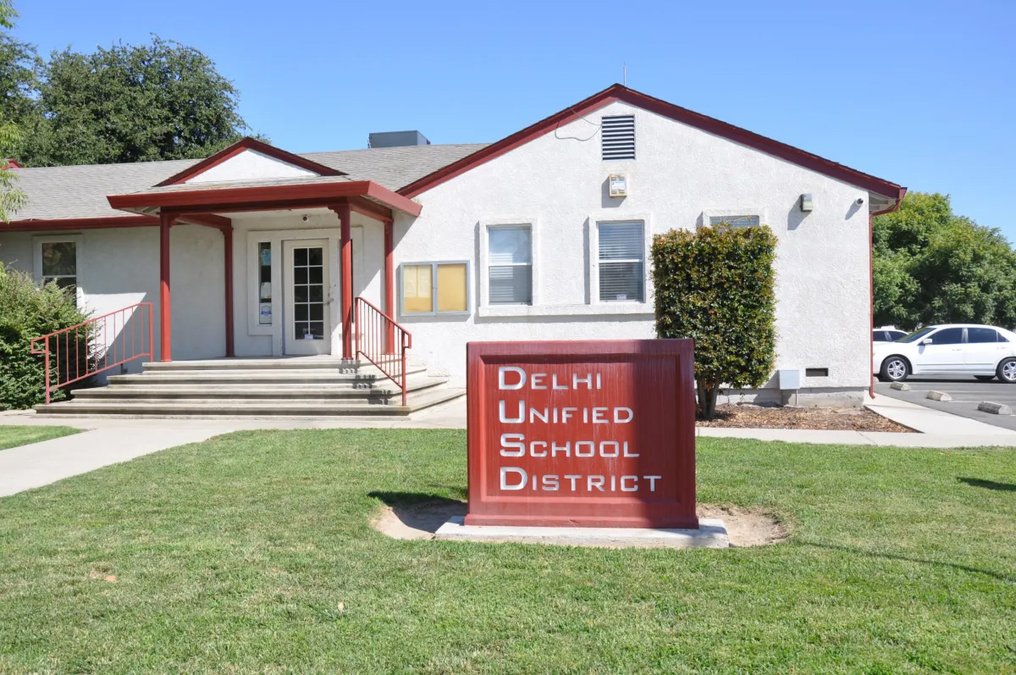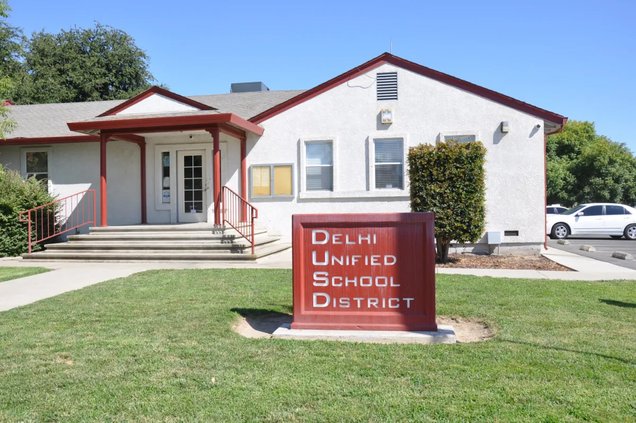Steve Moore maintains an open door policy.
Just ask him. Words like transparency and accessibility are often thrown around by those that have to court the public every few years to maintain their position. But it’s not uncommon to see Moore out – in and out of uniform – pressing the flesh and chatting with constituents.
Sometimes that means getting an earful. Sometimes that means getting a compliment. Either way, it’s a gauge for Moore – who hopes that voters next month will elect him for a third term – to determine how well the policies he implements and oversees are working in the eyes of the public.
And he’s had a tough road in his last four years.
After the United States Supreme Court issued a ruling in 2011 that determined that California’s crowded prison conditions were unconstitutional because they amounted to “cruel and unusual punishment,” Moore and other high-ranking administrators in San Joaquin County have been forced to scramble to quickly implement state-mandated programs intended to comply with the ruling.
It’s called realignment – laid out in Assembly Bill 109. It has essentially turned the San Joaquin County Jail into an interim housing facility for non-sexual, non-violent offenders sentenced to less than three years in prison. That cuts in on the room for petty offenders that would ordinarily serve up to a year in the facility, and forces some of them into supervised release programs which places an additional burden on the probation department and other county resources.
When the $80 million allotment that Moore secured for a 1,280-bed jail expansion failed to materialize because the Board of Supervisors couldn’t agree on a long-term staffing option, the strain became even more evident.
But even as the county, and the department, slashed budgets in the wake of a collapsing housing market – Moore had to cut $23 million over three years by eliminating 33 correctional positions within the jail and 20 support staff positions – he was still able to keep the same number of uniformed officers patrolling the streets.
“Maintaining staff was the most important because in effect we have an investment in the people of the communities we serve and the people that work for the department,” Moore said. “Maintaining that presence proved to be an asset.”
Managing AB109 to the best of the ability of the team that was assembled to execute it, he said, is evident.
“I think that the entire group did a good job and realistically worked to keep as many people in custody while providing as many services as possible while working to reduce the recidivism rate,” he said. “It wasn’t easy but I’d say the group has a done a good job at this point.”
For more than three decades Moore has punched a San Joaquin County timecard. He started as a jailer and holds the unique distinction of being promoted to sergeant and from sergeant to lieutenant without ever sliding behind the wheel of a patrol car.
He also learned firsthand what it means to be one of the staffers that ends up looking for a job.
When the economy soured in the early 1990s, Moore was one of a bunch of county employees laid off and when he was hired back had to start back at the bottom of the structure and work his way up. He hit nearly every position along the way before being elected from the assistant sheriff post in 2007.
Those experiences – already weathering one bad budget process and seeing how the county rebounded – helped him when a similar scenario came across his desk not long after getting elected. But it’s going to take the kind of work that few people see outside of booking slips and statistics.
For one, he said, the department has to comply with the court cap when it comes to the number of inmates in the jail. While he’s working to alleviate that situation and expand upon the number of spaces available – double-bunking in some incidences – the process takes time. Losing the 1,280-bed facility because operational costs couldn’t be ironed out, he said, hurt, and falling out of line for another grant only cut deeper.
While the county is rebounding in terms of funding, it’s also a slow process and the money that is coming back isn’t coming back at nearly the pace that it was taken away.
That means brainstorming. That’s means making the best with limited resources. That means doing everything that he can to ensure the safety of the residents of San Joaquin County.
And he knows how he wants to do that.
As funding continues to come back, Moore said that he wants to restore the Ag Crimes Task Force back to its original size – it currently has two deputies assigned to it and he’d like to see it back at six deputies with a sergeant overseeing its operation – and continue utilizing a crime analysis program that saturates areas with officers when problems are recognized.
He plans on continuing his open door policy to keep a link between the county and the residents flowing.
“There are a lot of things after hours – the weekends – and you have to be as available to the community as much as possible,” he said. “You’ll see people at an event and find that getting that dialogue is very positive. It’s important.”









